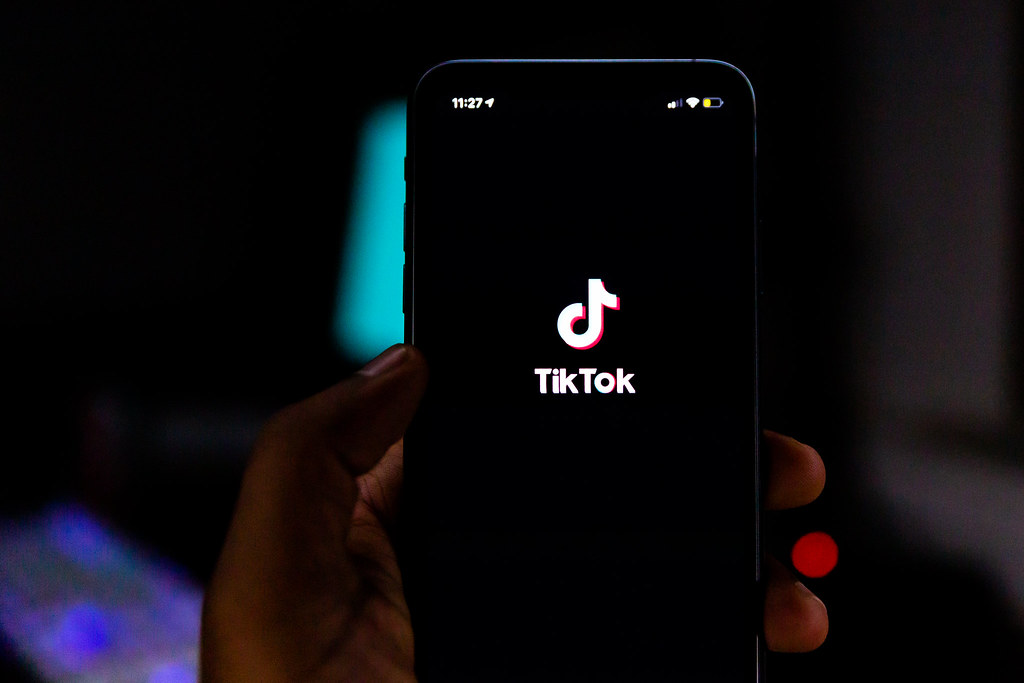Among a list of industries, the music industry is one of the most difficult to break into. Giant labels that span back nearly 50 years have a history of brokering deals that heavily favor management companies over the artists who produce the music while trend-hopping to the hottest styles every six months. TikTok has emerged as a speedy and cheap alternative for artists looking to promote themselves because of the platform’s algorithm-driven ability to quickly make songs go viral and expose users to new music.
Success on TikTok often involves an element of luck. Nevertheless, many labels have been studying the science behind the music that goes viral on the app, leading to a distinct sameness in the style of music produced. This phenomenon called “TikTok music” is a derogatory way of describing simple but over-dramatic piano or guitar ballads.
Many tracks considered “TikTok music” touch on well-understood themes of anger and betrayal and cast a wide enough net to be considered “relatable” by the app’s algorithm. Yet, these songs fail to resonate, as none of the tracks that gain traction on the app attempt to explore deep vulnerabilities and instead focus solely on relatability. Consequently, this limits the type of content determined eligible for success. In terms of excessively dramatic songwriting, JVKE’s “Golden Hour” is one of the worst offenders of this trope.
There is an upside to the rise of TikTok as a primary way to market music. That is, the potential revenue of a song that gains traction. Olivia Rodrigo, Jack Harlow and Lil Nas X are just a few examples of how TikTok can launch an artist’s career.
But to achieve success on the app, many artists sacrifice valuable time that could have been spent honing their craft. The app also rewards artists who broadcast their personal lives for all to see, and the ones who find success typically have the most marketable life. Such users end up having similar lifestyles, which partially explains the similarity in the music that gains traction.
Additionally, labels are using some of the most exploitative marketing stunts ever seen. For example, in May 2022, Capitol Records held a song recorded by Halsey and wouldn’t let her release it until she faked a viral moment on TikTok.
This incident is also another example of labels attempting to exploit the TikTok algorithm to push their music to the top, taking popularity away from independent artists. The complexity of the marketing makes it difficult to determine if TikTok is exposing the artificialness of the music industry or amplifying it.
The music that achieves popularity on TikTok has become over-reliant on gimmicks, incorporating online vernacular in some half-hearted attempt to connect with the masses. It’s never been easier for artists to promote their music, yet the quality of music popularized today is deteriorating.
The model for success on TikTok isn’t going to change anytime soon, so, as consumers, we have to be conscious of what we deem a hit. Rather than obsessing over a viral hook that will eventually blow over, we have to shift our focus to the quality of the entire song. This will push musicians to set aside more time for the creative process rather than promotion on TikTok. This will cause their tracks to improve and perform better through the app, and the music that gains traction will be too good to ignore.






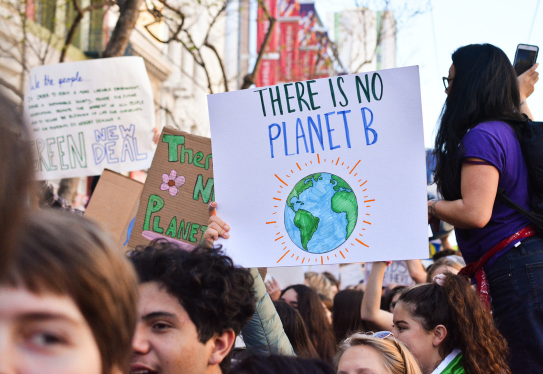





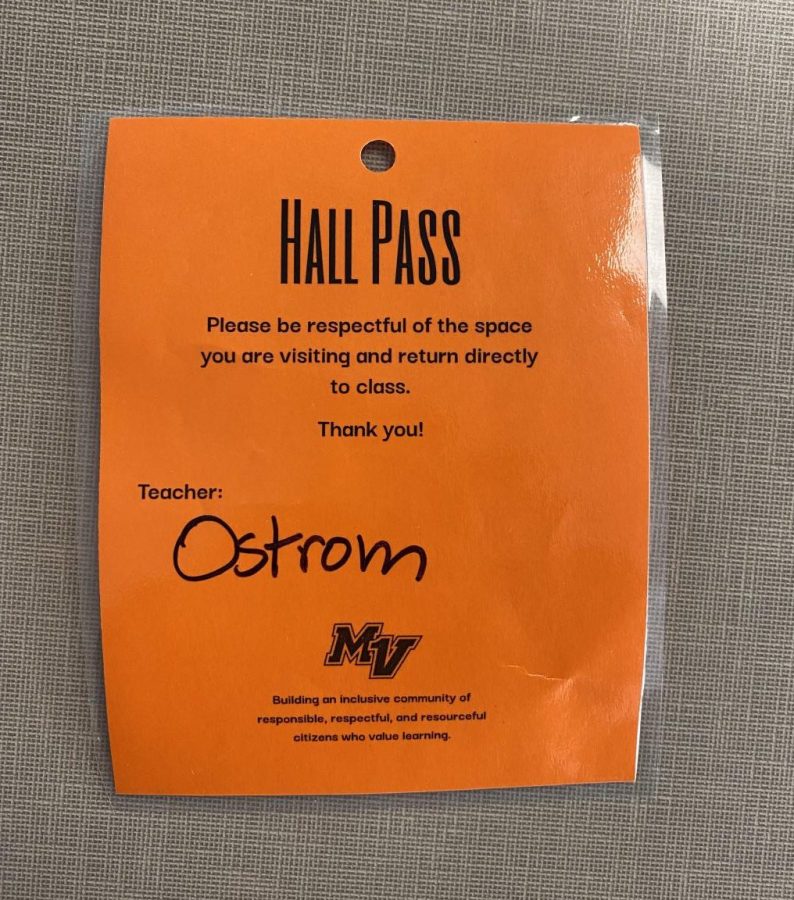


![[DEBATES] Prestigious colleges: value or hype?](https://www.mvviewer.org/wp-content/uploads/2024/12/buildings-1200x654.png)

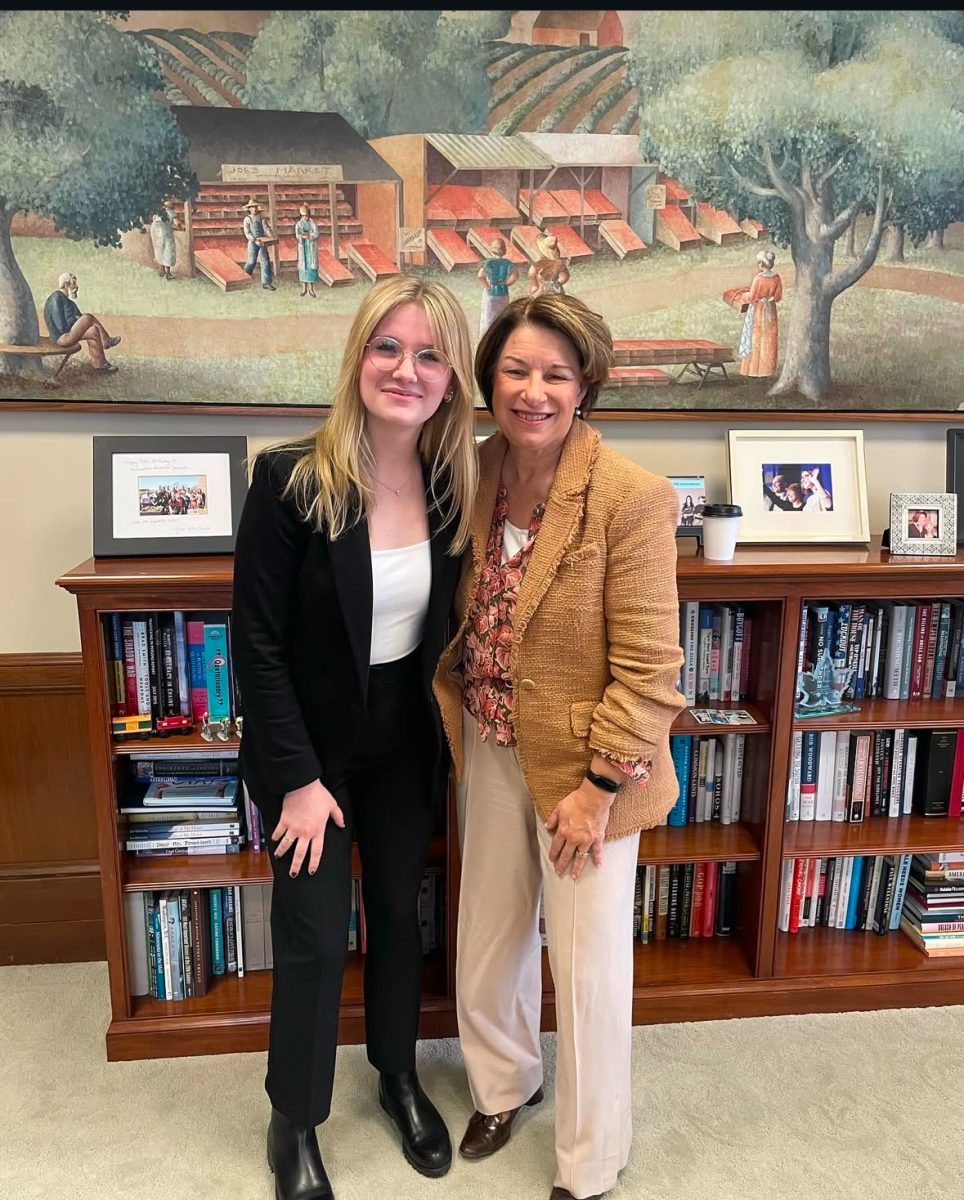


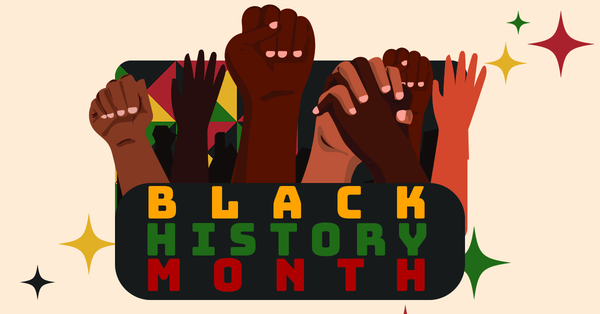







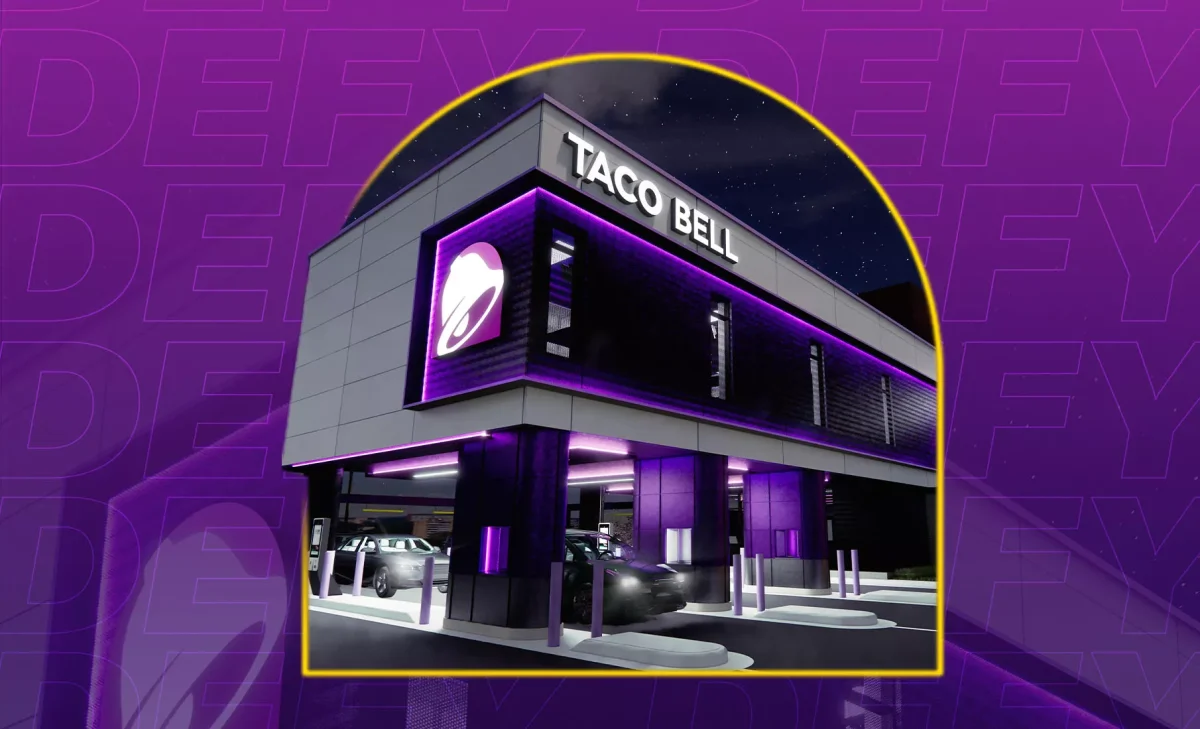









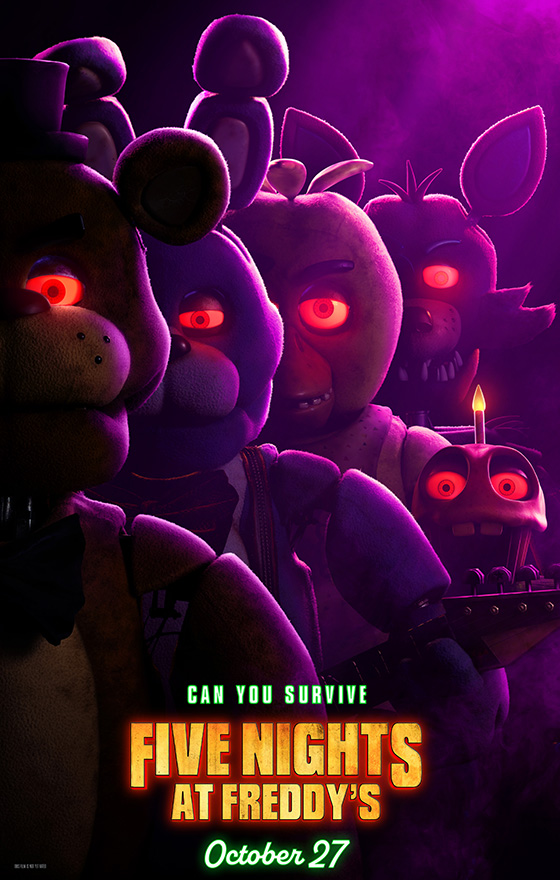









![[OPINION] The dark origins of TikTok's looksmaxxing trend](https://www.mvviewer.org/wp-content/uploads/2024/02/Copy-of-Copy-of-Untitled-Design-1200x675.png)









